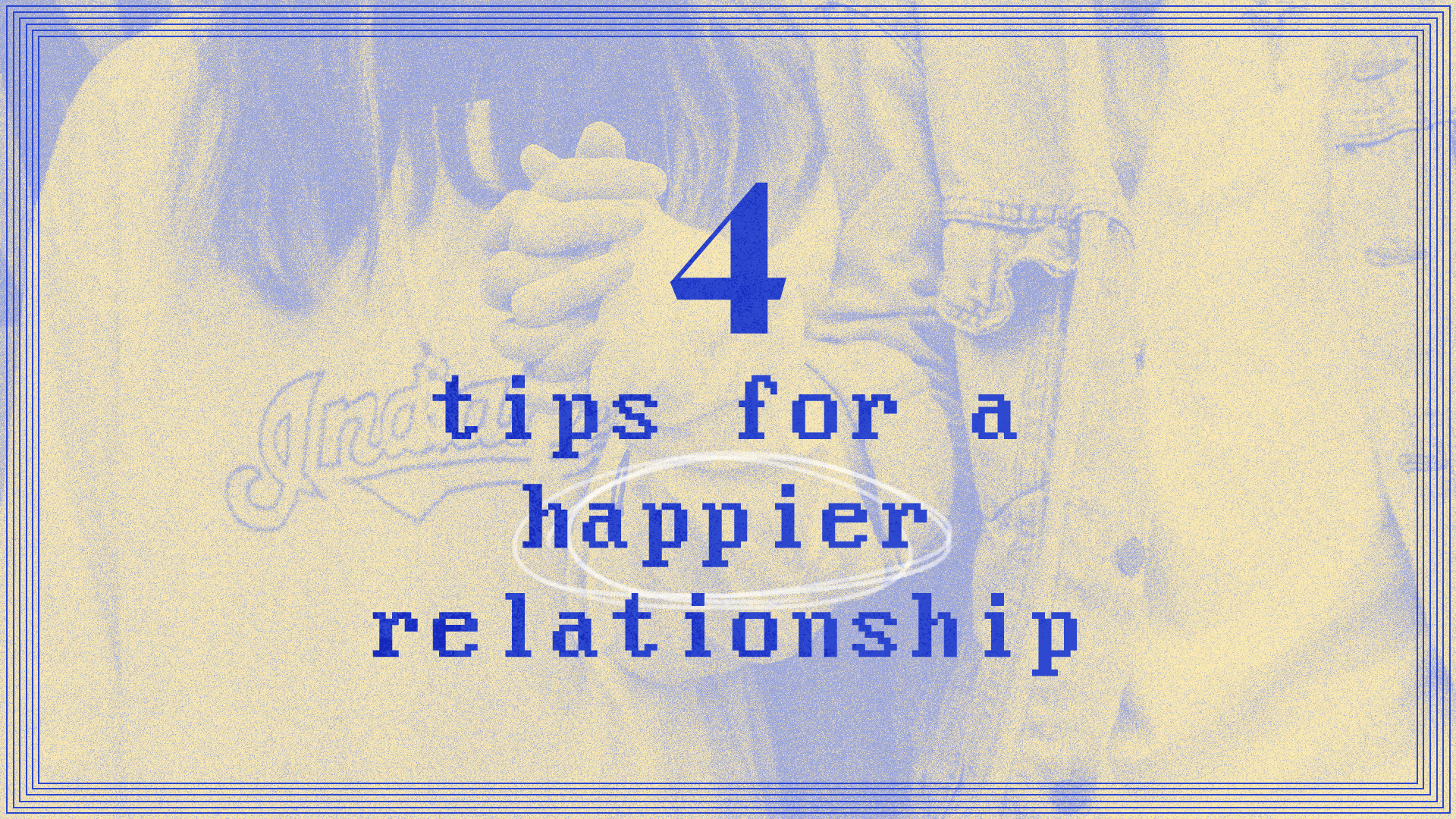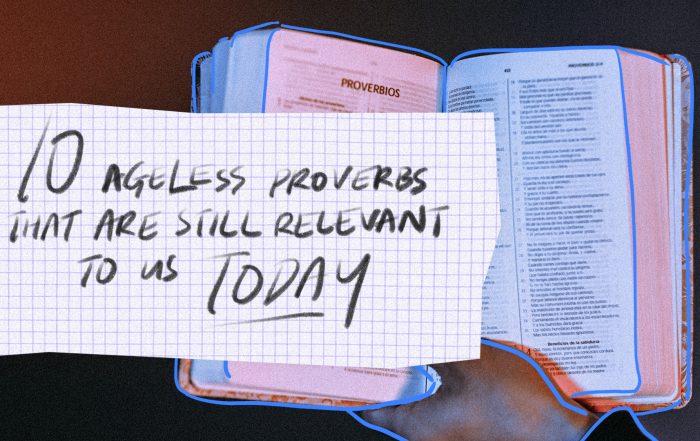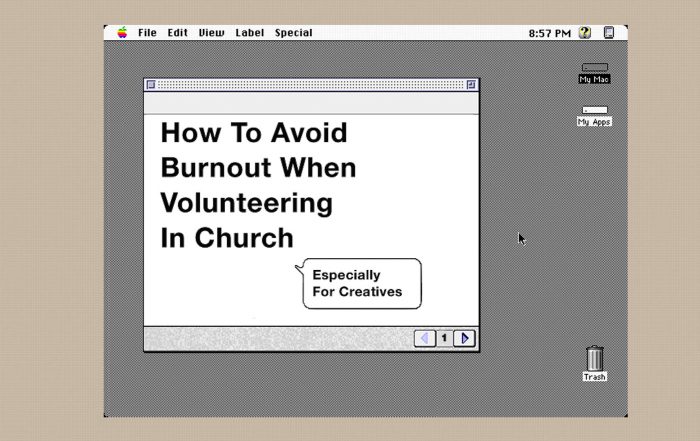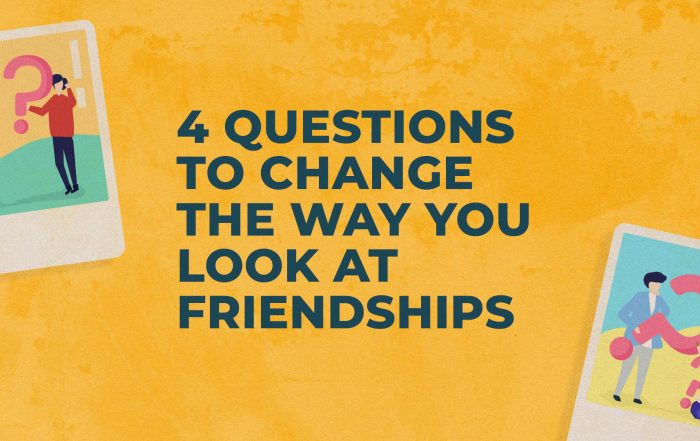
4 tips for a happier relationship
Lizzy L | 5 min read
This one’s mostly for the girls (sorry guys!). This article could also be titled: How to have the right expectations when it comes to your relationship, and how managing your expectations doesn’t always mean you’re settling for less.
1. Knowing our significant others can’t meet all our needs
If you are looking for the “perfect one” who always says and does the right thing at the right time—all the time, you’re setting yourself up for disappointment. Because your boyfriend or spouse was never meant to be your main source of satisfaction. The best we can give as human companions are great, but it will never be enough (cue soundtrack from The Greatest Showman). If you look to your man to fill your cup, you will come out disappointed. You will drain him dry and wonder why he doesn’t satisfy.
But if you understand that he will never be able to fully meet all your needs because you were meant to be satisfied by the love of God, you will be able to do these two things, which will be great for you and your relationship:
- Firstly, it gives you grace to continue loving your man even when he disappoints you because you are not looking to him to be the ‘be-all-and-end-all’ of your happiness.
- Secondly, it gives you grace to affirm and remind him to draw strength from the Lord and not expect himself to be able to be sufficient for you. This is important because if you are always treating him like he has to be enough for the both of you (or basically be Jesus), he will eventually give up because he can try all he wants and still not be able to satisfy your never-ending need for love, affirmation or security. But when you remind him that he can love you only because the Lord loves him, supplies him, and has more than enough to give to him so that he can give to you, then you empower your man to be able to love you freely because he knows his supply of love is from the Lord and not for himself to wring out of his own limited hands and heart.
2. Knowing the difference between ‘settling’ and having realistic expectations
But how do I know if I’m constantly disappointed because he’s just not measuring up or because my expectations are too high?
Great question.
Some of us grow up with a list of what we’ll like to see in our future life partners. It might include words like “tall, attractive, financially stable, generous, kind, loves animals, loves his parents, will love my parents, loves God, reads the Bible, serves in church, patient, understanding, forgiving, preferably pastor potential,” and so on.
But truthfully, there are only a few things he needs to have when you meet him, while the rest, you can help him with later (yes, fixing the hair and wardrobes come after, girls) if he possesses these three qualities:
- Good financial stewardship [see 1 Tim. 5:8] If he doesn’t know how to save and manage his money, he isn’t ready to be responsible for a family.
- Teachability [see Mark 4:25 AMP, 12:15] He may not be polished like Benedict Cumberbatch but it’s better to have someone who’s willing to be molded than Mr. Hotshot who never believes he’s wrong or whose ego can’t stand being corrected.
- Lovingkindness [see 19:22] In the Bible, hesed, or “a faithful kind of love/persistent and unconditional tenderness, kindness, and mercy”, which means to say, faithfulness to commit to you through the good and bad and not bolt when things get difficult or you get older and wrinklier.
3. Knowing how to communicate
This is probably one of the biggest lessons I’ve learned about relationships by the time my husband came into my life. Previously, I would either fly into a rage or go completely cold, wail that my ex-boyfriend(s) did not understand me, and not give the poor guy any handles to help him comprehend what I was actually upset about.
I would make sweeping statements (“You don’t care / You’re always like that / Forget it”) and men, bless their souls, they’re not the best at figuring out why you’re upset if you don’t spell it out for them. They can guess and guess forever, and when they’ve finally trawled through their memories of what they could have done to make you mad, they can still come to a conclusion that is almost always wrong OR has nothing to do with the actual reason you were upset with them in the first place.
My advice? Where possible, be kind. Our male companions simply do not comprehend the world, interpret emotions and draw conclusions the same way we do. They are just not built that way. Most of them, anyway. And they do need help. Preferably from a sane, rational female who’s willing to put aside her emotions for a moment to have a conversation.
Being a highly emotional female, it doesn’t mean that I don’t get upset or have times I’m tempted to lose my temper or give him the cold shoulder. But I have learned to take some time to calm down, talk to the Lord, and form sentences like “When you do _______, it makes me feel _________, which then makes me feel like (what just happened) is not important to you when it means a lot to me.”
Usually, our men want to do what he can to right what’s wrong—if he can even figure out what went wrong in the first place. That can be difficult for us as women to do but it helps—so much—to come to the table of discussion with that level of humility, maturity and sanity.
Of course, it’s not always easy to hold your tongue when someone triggers something that upsets or annoys you. But I do not want to confront issues when I am emotional. Because if I do, I will be placing my expectations on my husband, and not on Christ who is in him. By pointing out his faults when I am emotional, I will not be in a position of grace to remind him that despite his flaws, he has a God who is more than enough for him even when he fails. Instead, all he will hear is: You are not enough for me, and no matter how hard you try, you will never be good enough.
This leads me to my final point:
4. Really knowing that ‘Jesus be the center’ is not just a catchy song title but THE key to a relationship that is mutually fulfilling
As we’ve discussed, it is very easy to place our demands on each other in a relationship, and to make it very clear to the other person when we are disappointed with them. There are times I’m so dry or emotionally wrought by other things going on at work/family that I have absolutely no reserve left in my love tank to be kind, patient, or exercise point 3 with my husband.
Which is why it is important that in a relationship, both your love tanks must first be filled with a constant revelation of the Lord’s love for you individually, so that in the times when your partner is dry, you have enough to remind your partner that the Lord will always be enough. If not, this will lead to a downward spiral of demand and expectation.
You’d end up with two frustrated people, neither of whom feel loved by each other, and the only way to intervene is to stop, have a good talk, and start reminding each other again that it is only the Lord’s love that can ever be enough to satisfy our insatiable need for affection and affirmation.
When our demand is SOLELY on each other, there will always be disappointment. I’m not saying it’s wrong to demand of each other, every healthy relationship has demands, but when your demand is on the Lord who is IN them, it reminds your partner that it is not their own strength that will lift you up, but it is the Lord who will lift BOTH of you up.
As John Eldredge writes in “Love & War”—‘I don’t know how couples without Jesus do it, but I can’t imagine doing this without Jesus.’
We can only have grace for others when we have received grace ourselves. We love because He first loved us.
Do you have other tips that help you stay contented and grateful in your relationship? Share with us in the comments below!
Categories: God's Love, Love, Marriage, Relationships, Right Believing
You might also like
10 ageless proverbs that are still relevant to us today
aka #adulting according to the Bible.
Quickfire Questions with Pat Barrett (Live @ Decibel.one Studio)
What does Pat Barrett sing in the shower? And what's the best piece of advice he's received?
Interview with Pat Barrett (Live @ Decibel.one Studio)
Hear him share about fatherhood, the many stories behind his songs and his advice for young songwriters!
How to avoid burnout when volunteering in church (especially for creatives)
7 tips to stay healthy and enjoy longevity while serving/ volunteering in ministry.
4 questions to change the way you look at friendships
Ever wondered how you can have healthy friendships that'll help you through the different seasons of life? ⠀
Bethel Music — I Raise A Hallelujah
Hear their story, listen to this song, and may it be your own anthem of victory in whatever situation you might be facing today.
Get our latest content and freebies straight to your inbox!



The timing for this was very perfect for me. Today, I let go of a friend that I knew wasn’t right for me. The relationship was too stressful because of the demands on the both of us. I had to remember that Christ needs to be the third party in our relationship and through remembering this, I ultimately was led to release that relationship from my life because I was trying to make something fit that wasn’t meant to, and I am much happier after doing so. Thank you for this article and glory to God. 🙂
I would love one for guys! I just think that other guys (besides me) don’t take time to just listen to her problems. They want to try to fix things when the should, first, calm down, listen, and THEN try to fix the situation! (If possible)
Yay google is my queen helped me to find this great internet site!. Elsy Tristam Rider